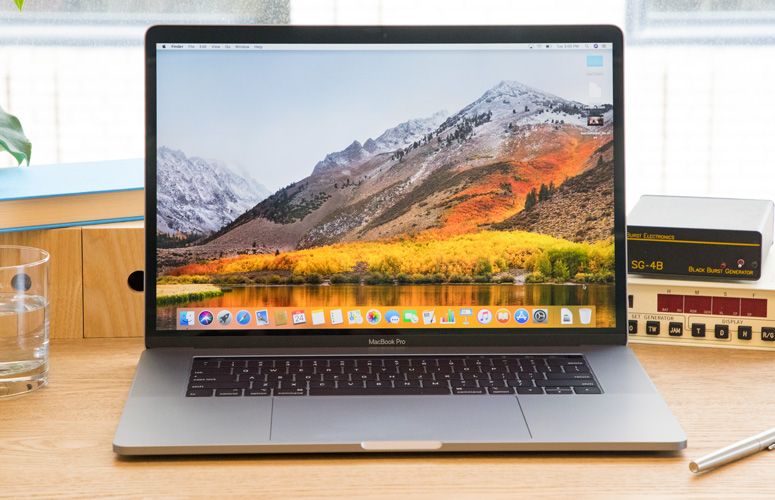Apple Blocking Third-Party Repairs on the New MacBook Pro
Apple is making it impossible for MacBook Pro owners to fix their laptops independently or via a third-party repair service.

The tech giant is reportedly using a proprietary system configuration software to verify repairs, according to internal documents obtained by Motherboard and MacRumors. If the Apple service Toolkit 2 software isn't run after a repair, the laptop will remain an "inoperative system" and the repair status will be considered "incomplete."
This presents a serious dilemma for individuals or third-party shops who don't have the Apple diagnostics tool at their disposal. It appears that, without it, repairs cannot be done on a MacBook's display assembly, logic board, keyboard and trackpad and Touch ID board. This restriction applies to 2018 MacBook Pros and the iMac Pro, both of which are equipped with the T2 security chip.
If an Apple laptop is locked out by the software, it will only function properly again when an authorized Apple service provider runs the diagnostic software.
“For Macs with the Apple T2 chip, the repair process is not complete for certain parts replacements until the AST 2 System Configuration suite has been run," the document states. "Failure to perform this step will result in an inoperative system and an incomplete repair."
The software tool appears to be used to ensure the safety and overall health of the repaired Apple device. A "quick health check of hardware and software" is conducted as part of this final diagnostics test.
Apple isn't the only company using proprietary methods to restrict repairs. As Motherboard points out, John Deere uses a similar software to prevent farmers from performing "unauthorized" repairs on their vehicles.
Stay in the know with Laptop Mag
Get our in-depth reviews, helpful tips, great deals, and the biggest news stories delivered to your inbox.
Companies who prevent third-party repairs have been accused of forcing customers into purchasing new devices and ensuring that the money for repairs goes right back into their pockets.
To combat this behavior, several states are considering enacting "Right to Repair" acts that would force companies to make required parts and documentation available to anyone who wants to repair their own gadgets. The majority of tech companies, including Apple and Microsoft, oppose such a bill, claiming it could lead to security vulnerabilities.
Phillip Tracy is the assistant managing editor at Laptop Mag where he reviews laptops, phones and other gadgets while covering the latest industry news. After graduating with a journalism degree from the University of Texas at Austin, Phillip became a tech reporter at the Daily Dot. There, he wrote reviews for a range of gadgets and covered everything from social media trends to cybersecurity. Prior to that, he wrote for RCR Wireless News covering 5G and IoT. When he's not tinkering with devices, you can find Phillip playing video games, reading, traveling or watching soccer.

